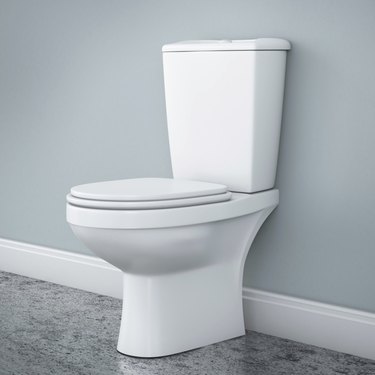
Vitamin C is an essential nutrient needed for growth of tissues, tissue repair, wound healing, protein formation and free radical damage prevention through antioxidant activity. Vitamin C is a water-soluble vitamin, meaning it dissolves in water. Excess vitamin C consumed is excreted in the urine.
Background
Video of the Day
Because vitamin C is not stored efficiently in your body, you should consume it in recommended amounts daily to help prevent vitamin C deficiency. The recommended dietary allowance for vitamin C is 95 milligrams per day for adult men, 70 milligrams per day for adult women, 85 milligrams per day for adult pregnant women and 120 milligrams per day for adult breast-feeding women. Foods high in vitamin C include vitamin C-fortified canned fruits and juices, orange juice, oranges, kiwi fruits, grapefruits, strawberries, cantaloupe, red peppers, green peppers, broccoli, tomatoes, tomato juice, cabbage and baked potatoes. You can also buy vitamin C supplements.
Video of the Day
Basics
Consuming vitamin C in recommended amounts likely won't make you urinate any more than usual. Even consuming more than the RDA for vitamin C likely won't make you urinate more frequently. However, many foods that are rich in vitamin C, such as vitamin C-fortified juices, fruits and vegetables, contain large amounts of water, which can cause more frequent urination.
Side Effects
Because excess vitamin C is excreted in your urine, the risks associated with excess vitamin C consumption are minimal. The tolerable upper intake for vitamin C is 2,000 milligrams per day. However, although increased urination is not a side effect of vitamin C consumption, consuming large amounts of vitamin C may cause other unpleasant side effects such as diarrhea, abdominal cramps, nausea or gastrointestinal disturbances from unabsorbed vitamin C in your gastrointestinal tract. If you drink large amounts of water to help avoid gastrointestinal problems associated with unabsorbed vitamin C in your gut, you'll likely experience increased urination.
Considerations
In some cases, consuming vitamin C can help decrease urination. Frequent urination is a common side effect of urinary tract infections or an enlarged prostate. According to the National Kidney and Urologic Diseases Information Clearinghouse, taking vitamin C or drinking cranberry juice can help make your urine more acidic, and your bladder wall slippery, which helps reduce bacteria and avoid UTIs.